Google CEO says more than 25% of the company's code is now AI-generated – is this the future of software development?
Google’s AI-generated code focus is a sign of the times in software development
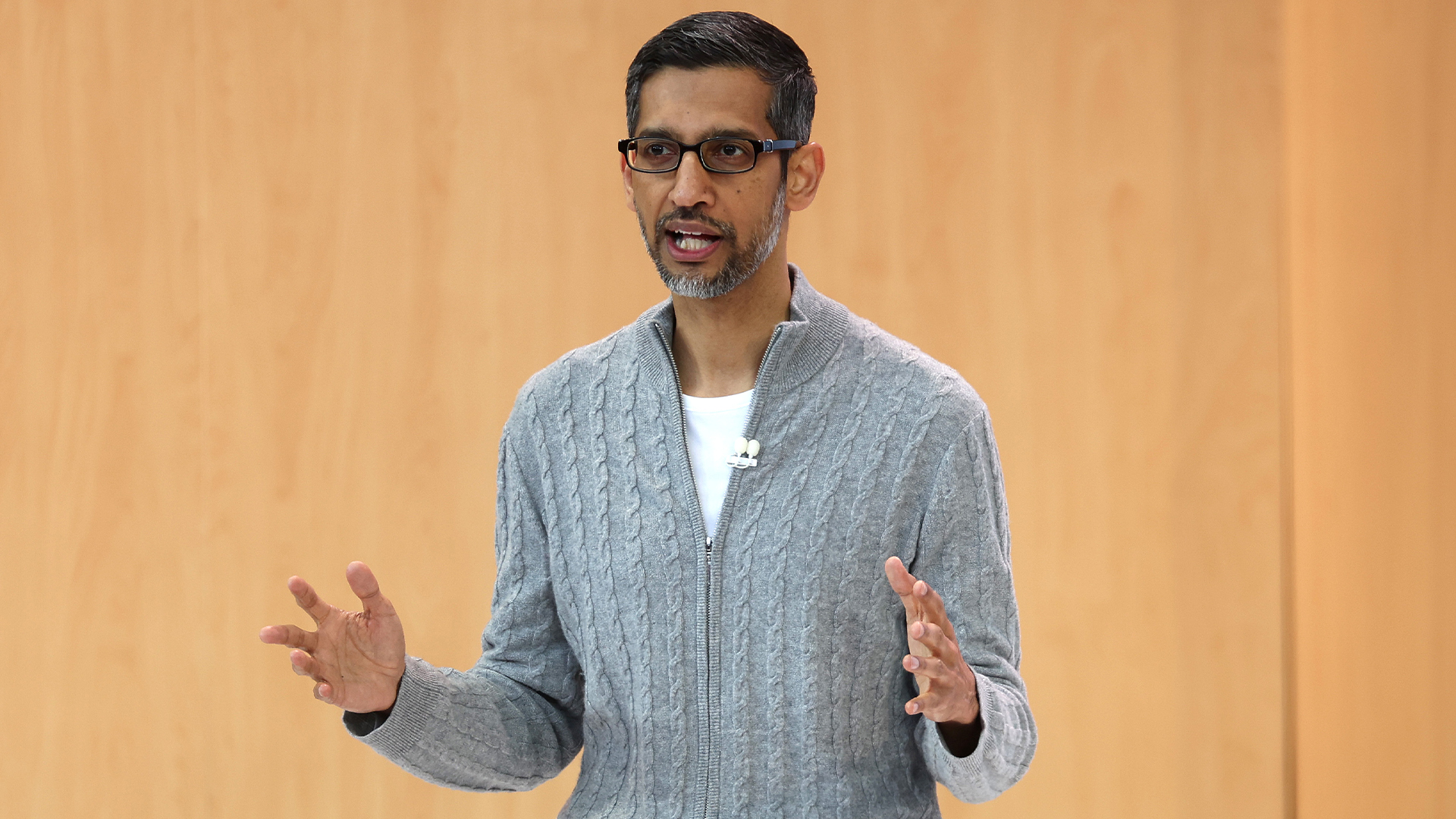

Over a quarter (25%) of Google’s internal source code is AI-generated, according to CEO Sundar Pichai, hinting at what's in store for the future of development at big tech firms.
Speaking during a recent earnings call, Pichai explained that the firm is using AI within its development teams to improve coding processes, as well as to boost productivity and efficiency.
The code in question is subject to human approval, Pichai added, as engineers are kept in the loop to review and accept AI-generated code. This helps improve engineer workflows and allows them to move faster, he said.
Google’s AI source code forms part of its full-stack approach to the technology, which Pichai noted also involves rolling out its Gemini models more widely to developers and focusing on tools such as GitHub Copilot.
Google’s announcement is a sign of things to come, according to Camden Woollven, Group Head of AI Product Marketing at GRC International Group, though it might take time for the entire industry to catch up.
“Google's got advantages other companies don't, such as massive code repositories, cutting-edge AI tools, and the resources to implement this safely,” Woollven told ITPro.
“Most companies won't hit 25% anytime soon, but they're definitely heading in that direction.”
Sign up today and you will receive a free copy of our Future Focus 2025 report - the leading guidance on AI, cybersecurity and other IT challenges as per 700+ senior executives
It’s also important to put the headline statistic in context, Woollven said. While 25% of Google’s code is AI-generated, this doesn’t mean AI is writing full systems from scratch - rather, it’s complementing human development.
AI coding tool uptick
News of Google’s sizable AI code portfolio comes as research increasingly points to the growing popularity of AI coding tools.
According to a GitHub report that surveyed 2,000 software engineers and developers, 97% said that they had used AI coding tools at work at some point. Many of the surveyed developers also reported better code quality and faster language adoption.
A similar survey from Black Duck Software found that nine-in-ten developers reported using AI coding tools, with some of the most enthusiastic adopters working in technology and cybersecurity.
This uptick could have major implications for application development, according to Manoj Chaudhary, CTO of Jitterbit.
RELATED WHITEPAPER
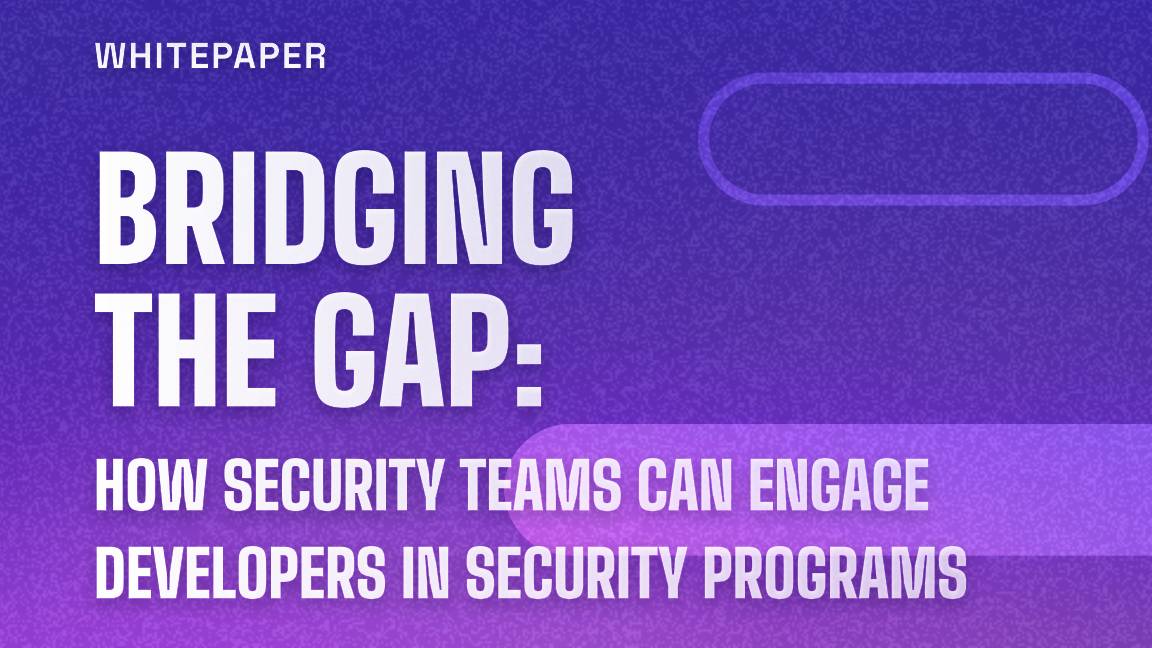
"Traditionally, building applications required dedicated developers, creating a bottleneck for businesses with limited resources. This meant a long tail of unmet needs, with countless applications left unbuilt due to the dependence on centralized IT teams,” Chaudhary told ITPro.
“AI is now breaking down these barriers. AI-powered tools are lowering the barriers to entry, allowing anyone with a basic understanding of what’s needed to automate tasks and processes,” he added.
Chaudhary argued that AI coding tools can democratize automation and create more agile, more productive environments.
Question marks over AI code
Despite the apparent surge in AI code generation, the industry is not without its concerns. Reports show that many developers question the quality of AI-generated code and its maintainability.
According to a report from Google itself, 39% of surveyed developers do not trust and lack confidence in AI-generated code, despite three-quarters (75%) using AI for at least one daily responsibility.
Other research from GitClear, for example, found concerning trends around maintainability in 153 million lines of examined code, predicting that ‘code churn’ - code that must be changed after its completion - could double in 2024.
Black Duck’s research also pointed toward growing developer worries in this regard, with two-thirds of respondents noting they’re increasingly concerned about the security and safety of AI-generated code.

George Fitzmaurice is a former Staff Writer at ITPro and ChannelPro, with a particular interest in AI regulation, data legislation, and market development. After graduating from the University of Oxford with a degree in English Language and Literature, he undertook an internship at the New Statesman before starting at ITPro. Outside of the office, George is both an aspiring musician and an avid reader.
-
 Hackers breached a 158 year old company by guessing an employee password
Hackers breached a 158 year old company by guessing an employee passwordNews A Panorama documentary exposed hackers' techniques and talked to the teams trying to tackle them
-
 Dell says Windows 11 migration offers a prime opportunity to overhaul ageing PC fleets
Dell says Windows 11 migration offers a prime opportunity to overhaul ageing PC fleetsNews The shift to Windows 11 means IT leaders can ditch old tech and get their hands on AI PCs
-
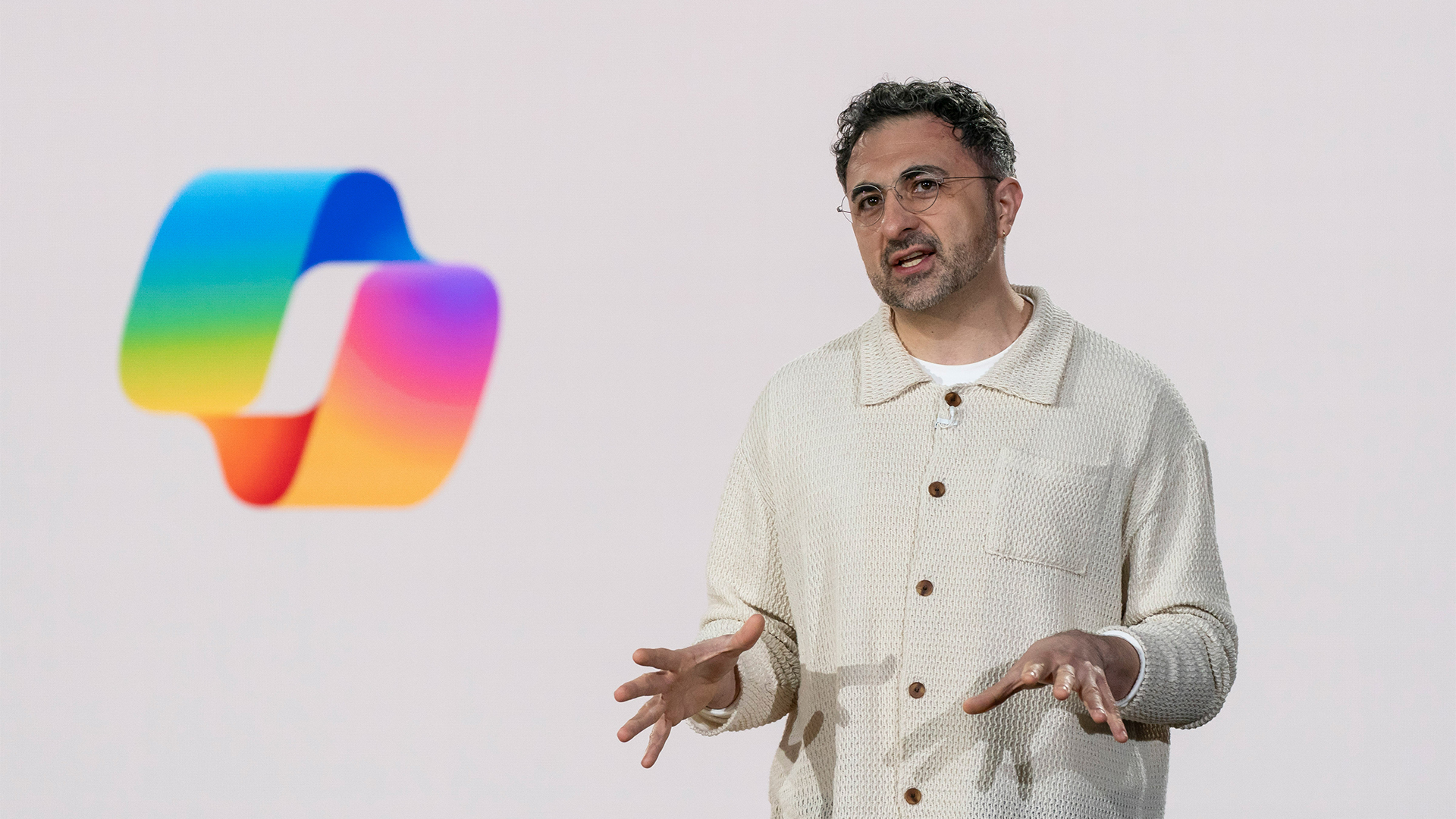 ‘LaMDA was ChatGPT before ChatGPT’: Microsoft’s AI CEO Mustafa Suleyman claims Google nearly pipped OpenAI to launch its own chatbot – and it could’ve completely changed the course of the generative AI ‘boom’
‘LaMDA was ChatGPT before ChatGPT’: Microsoft’s AI CEO Mustafa Suleyman claims Google nearly pipped OpenAI to launch its own chatbot – and it could’ve completely changed the course of the generative AI ‘boom’News In a recent podcast appearance, Mustafa Suleyman revealed Google was nearing the launch of its own ChatGPT equivalent in the months before OpenAI stole the show.
-
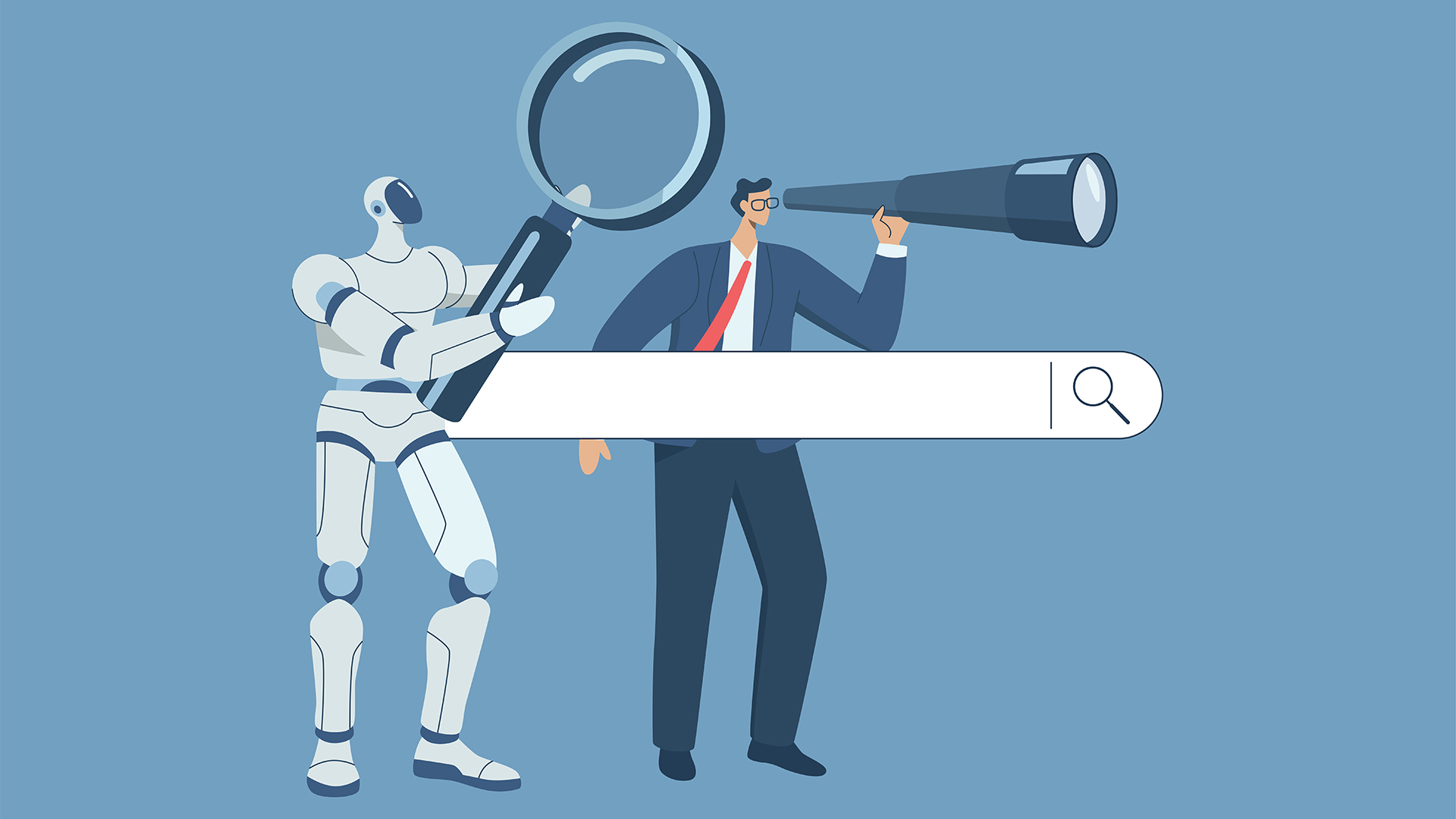 A threat to Google’s dominance? The AI browser wars have begun – here are the top contenders vying for the crown
A threat to Google’s dominance? The AI browser wars have begun – here are the top contenders vying for the crownNews Perplexity has unveiled its Comet browser while OpenAI is reportedly planning to follow suit
-
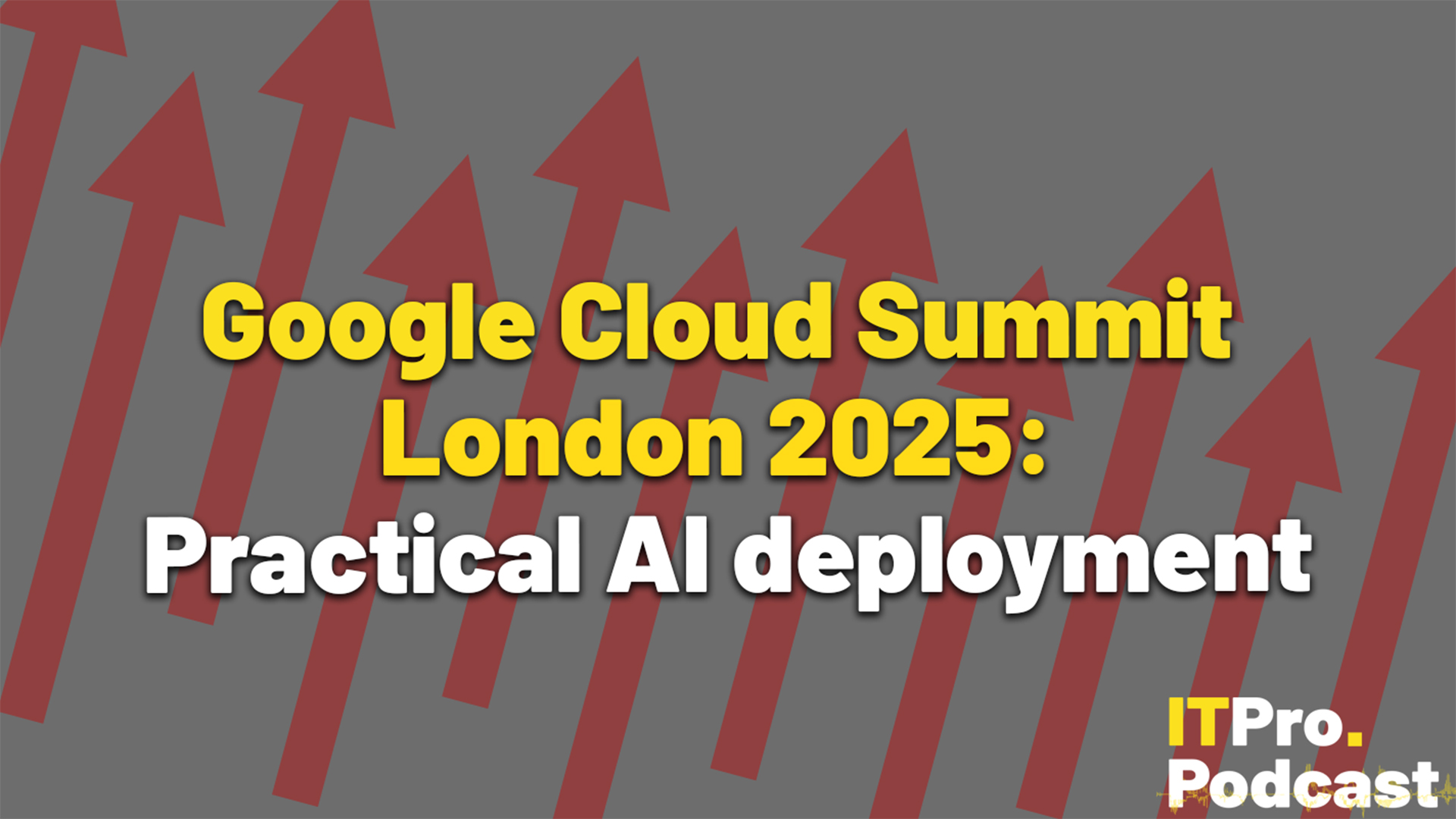 Google Cloud Summit London 2025: Practical AI deployment
Google Cloud Summit London 2025: Practical AI deploymentITPro Podcast As startups take hold of technologies such as AI agents, where is the sector headed?
-
 Is ChatGPT making us dumber? A new MIT study claims using AI tools causes cognitive issues, and it’s not the first – Microsoft has already warned about ‘diminished independent problem-solving’
Is ChatGPT making us dumber? A new MIT study claims using AI tools causes cognitive issues, and it’s not the first – Microsoft has already warned about ‘diminished independent problem-solving’News A recent study from MIT suggests that using AI tools impacts brain activity, with frequent users underperforming compared to their counterparts.
-
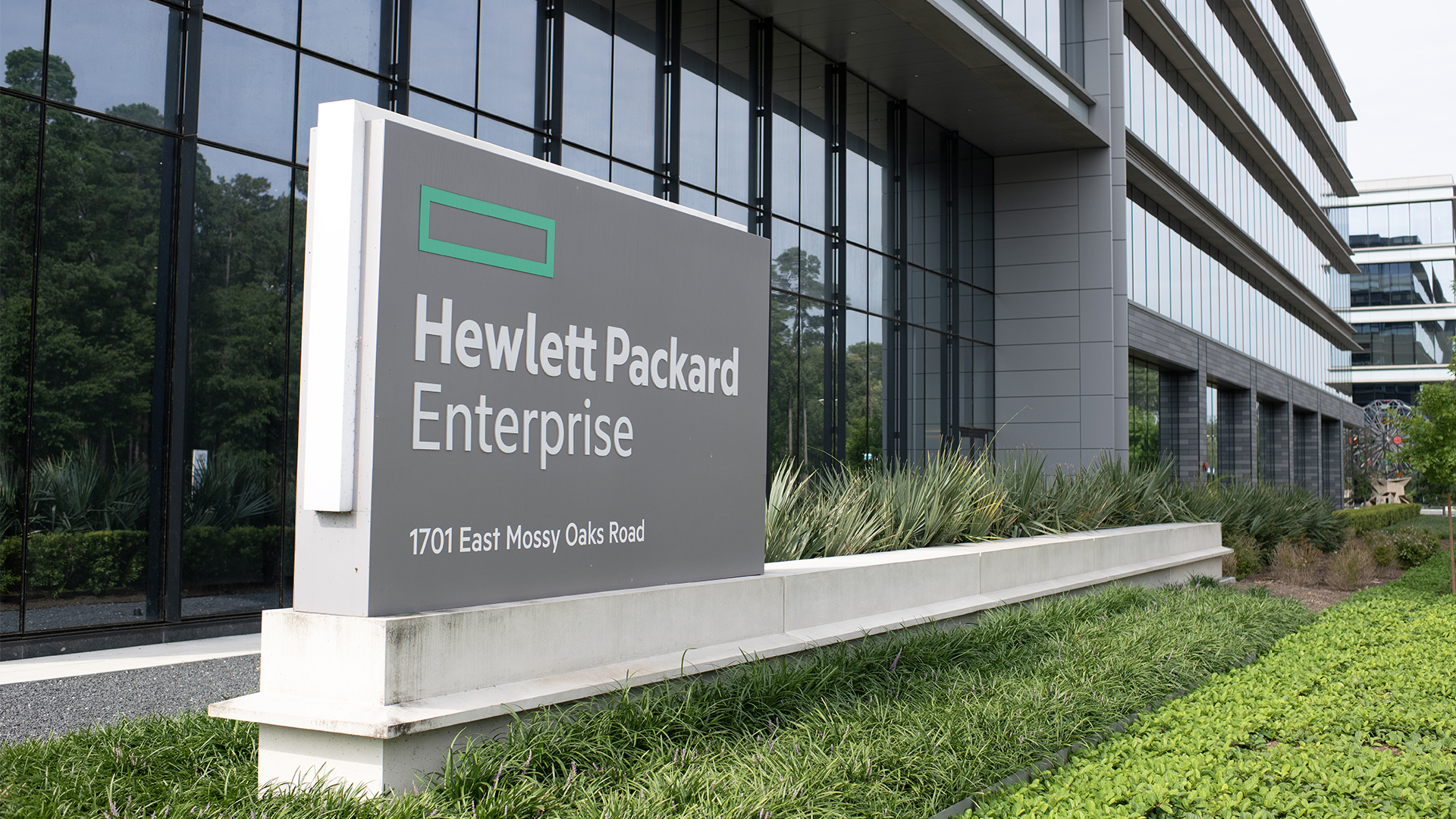 HPE's AI factory line just got a huge update
HPE's AI factory line just got a huge updatenews New 'composable' services with Nvidia hardware will allow businesses to scale AI infrastructure
-
 ‘A complete accuracy collapse’: Apple throws cold water on the potential of AI reasoning – and it's a huge blow for the likes of OpenAI, Google, and Anthropic
‘A complete accuracy collapse’: Apple throws cold water on the potential of AI reasoning – and it's a huge blow for the likes of OpenAI, Google, and AnthropicNews Apple published a research paper on the effectiveness of AI 'reasoning' models - and it seriously rains on the parade of the world’s most prominent developers.
-
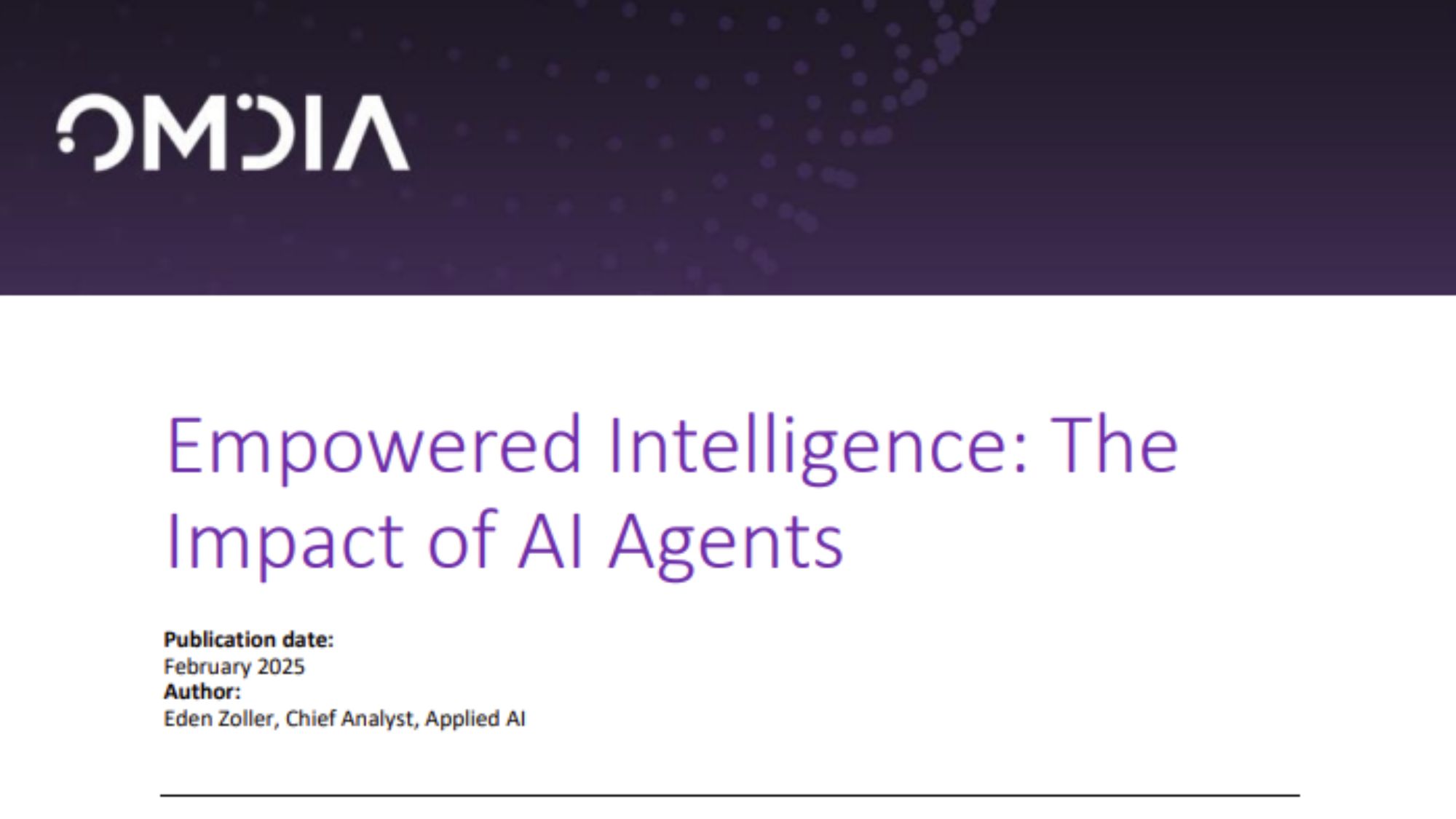 Empowered Intelligence: The Impact of AI Agents
Empowered Intelligence: The Impact of AI Agents -
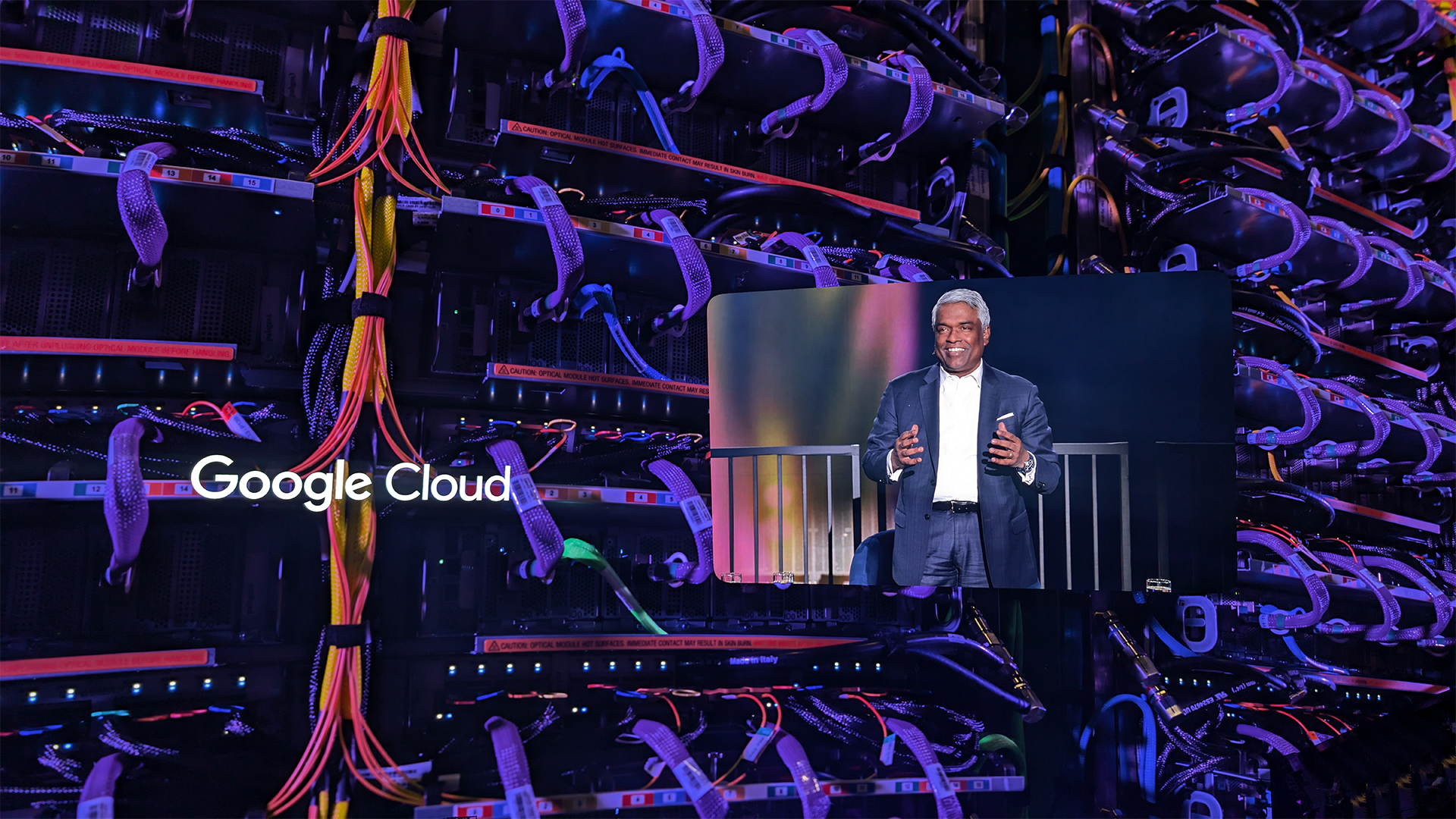 Google Cloud is leaning on all its strengths to support enterprise AI
Google Cloud is leaning on all its strengths to support enterprise AIAnalysis Google Cloud made a big statement at its annual conference last week, staking its claim as the go-to provider for enterprise AI adoption.